March 21, 2018 Leave a Comment
Share Tweet Pin +1Shares 0Parenting is a continuous process. At every step of your child’s early years, it is necessary to plan ways to assist them to learn and grow in the very best manner. The time, love, and care invested throughout early childhood development reap tremendous benefits for your child in the future. In olden days, with joint families, a child would learn various life lessons and skills from different individuals all the time. However, in today’s nuclear families, parents lack the information on how to play with them at every stage of their development. This becomes even harder for parents with special needs children who may experience developmental delays and disorders.
The emotional, social and physical development of young children has a direct impact on their overall development in their future life. That is why it is important to understand the importance of early childhood development to support and nurture our children.
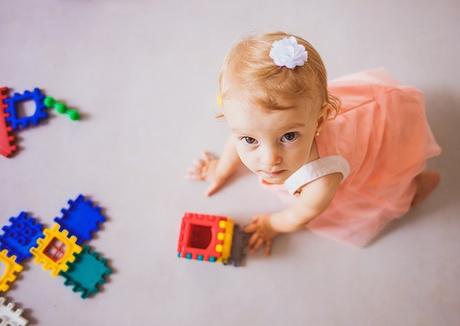
Importance of Early Childhood Development
Neurological research on early childhood development shows that the early years play a key role in children’s brain development. Children begin to learn about the world around them from a very early age – including the prenatal and postnatal periods. Several studies have shown that early childhood development is often boosted by learning through play. This helps children to realize their physical, intellectual, language, emotional and social skills in a fun way. Learning through play can also permit a toddler to develop their psychological skills. So children learn and gain a lot through activities such as art and social play. Learning through play has been seen often in practice because of the most versatile manner a toddler learns.
Say No to the ‘Wait and Watch’ Approach
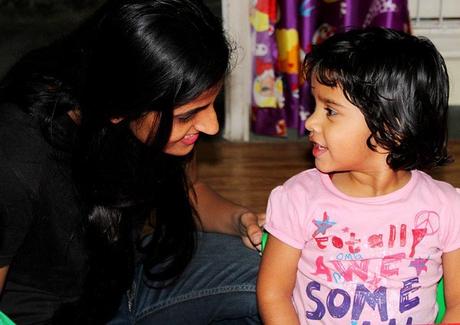
In India, many parents follow the “Wait and watch” approach in their children’s development, resulting sometimes in missing the crucial window of chance for early intervention and learning for their children.
Early identification of developmental disorders in children is critical for the well-being of children and their families. It is the responsibility of primary care professionals to improve developmental outcomes through early surveillance and appropriate referral of children with developmental delays. However, factors such as limited consultation time in busy office practice, inappropriate methods of screening, and a high threshold for referral, and negligence of parent concern diminish the effectiveness of early surveillance. Therefore, it is important to develop a tool that is systematic, easy, and convenient for primary care practitioners and parents to improve the effectiveness of developmental surveillance.
Five Domains of Early Childhood Development
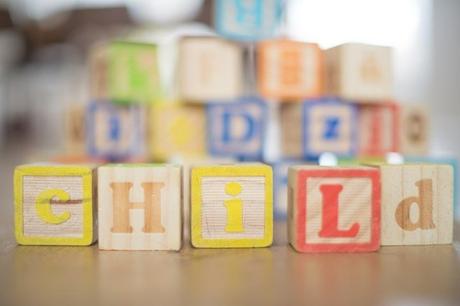
As a responsible parent, it is important to keep track of your child’s development at every stage of growth from 4 months to 5 years of age, so that timely help can be sought where special care is needed and if there are any delays in physical, communication/language, cognitive, and socio-emotional domain. This also helps practitioners to make a decision about the child’s development.
Physical Development: The manner in which a baby develops biological and physical functions, together with vision and motor skills.
Social Development: The manner in which a baby interacts with others. Children develop associative understanding of their responsibilities and rights as members of families and communities, along with a capability to relate to and work with others.
Emotional Development: The manner in which a baby creates emotional connections and develops authority. Emotional connections develop once children relate to people and share feelings.
Language Development: The manner in which a baby communicates, together with feelings and emotions, with others and themselves. At 3 months, infants use completely different cries for various desires. At 6 months, they will acknowledge and imitate the essential sounds of spoken communication. Within the first 3 years, children need to be exposed to communication with others so as to develop language. Normal language development of a child is measured by the speed of vocabulary acquisition.
Cognitive Development: The manner in which a child organizes information in his brain. This also includes problem-solving ability, creativity, imagination, and memory of the child.
How to Monitor Early Childhood Development
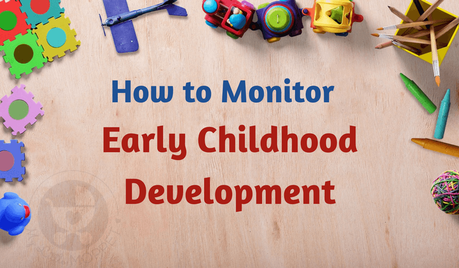
Reliable observance of developmental milestones in children and growth is important for the well-being of a baby as well as to observe any developmental problems in the early years. The early years of children have an important impact on their brain development. The more stimulating the early environment (social interaction), the more the positive connections that are formed in the brain and the better the children thrive in terms of their physical, emotional and social development, ability to express themselves, and acquisition of knowledge.
The availability of early childhood development programs and services to support children’s development during the early years is a crucial component of an overall strategy for a successful childhood. Early developmental services could address one or more of the key developmental domains, i.e., language/cognitive, social/emotional and physical development. These areas of developmental domains are often inferred through a child’s performance on a variety of ascertained variables instead of being directly measured.
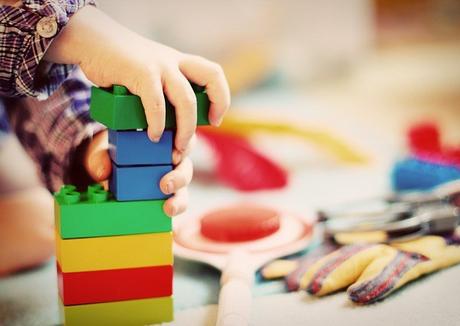
Studies have shown that developmental disorders are often modified with early interventions. Studies have reported that over 50% of children with all disabilities are not detected before school-age, which precludes their participation in early intervention programs. Although there are many screening tests that can greatly improve detection rates, these have not been popular in primary care due to issues such as test length and difficulty in managing the behavior of children.
Today’s technology is often utilized for early administration of screening tools, for storage/use of knowledge on understanding the prevalence of developmental delays and for using this information, in turn, to plan for allotment of resources in the healthcare system. In this regard, ‘Track and Act’ is an ingenious screening tool developed by child development specialists at totsguide.com for tracking developmental milestones across four main domains of development – language and communication, movement and physical, cognitive, and socio-emotional, through a series of “Yes/No” Questions relevant to the child’s age. The results of the screening can also be sent to their pediatrician if and when required.
Children’s early experiences – the bonds they form with their parents and their first learning experiences – deeply affect their future physical, cognitive, emotional and social development. Hence, providing nurturing and effective early years of development to our children is the best investment we can make as a society in ensuring their future success.
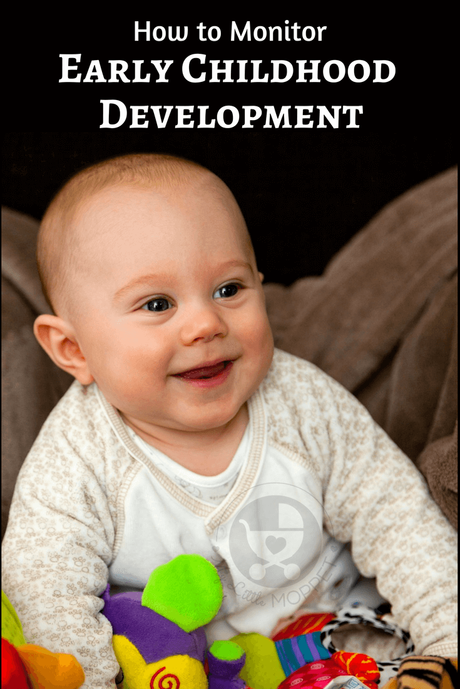
The author is Anandsharma, Digital Marketing Strategist at Totsguide Prudentia LLP.
Share Tweet Pin +1Shares 0Filed Under: Parenting Tagged With: Baby Development, children, kids, parenting, parenting tips
